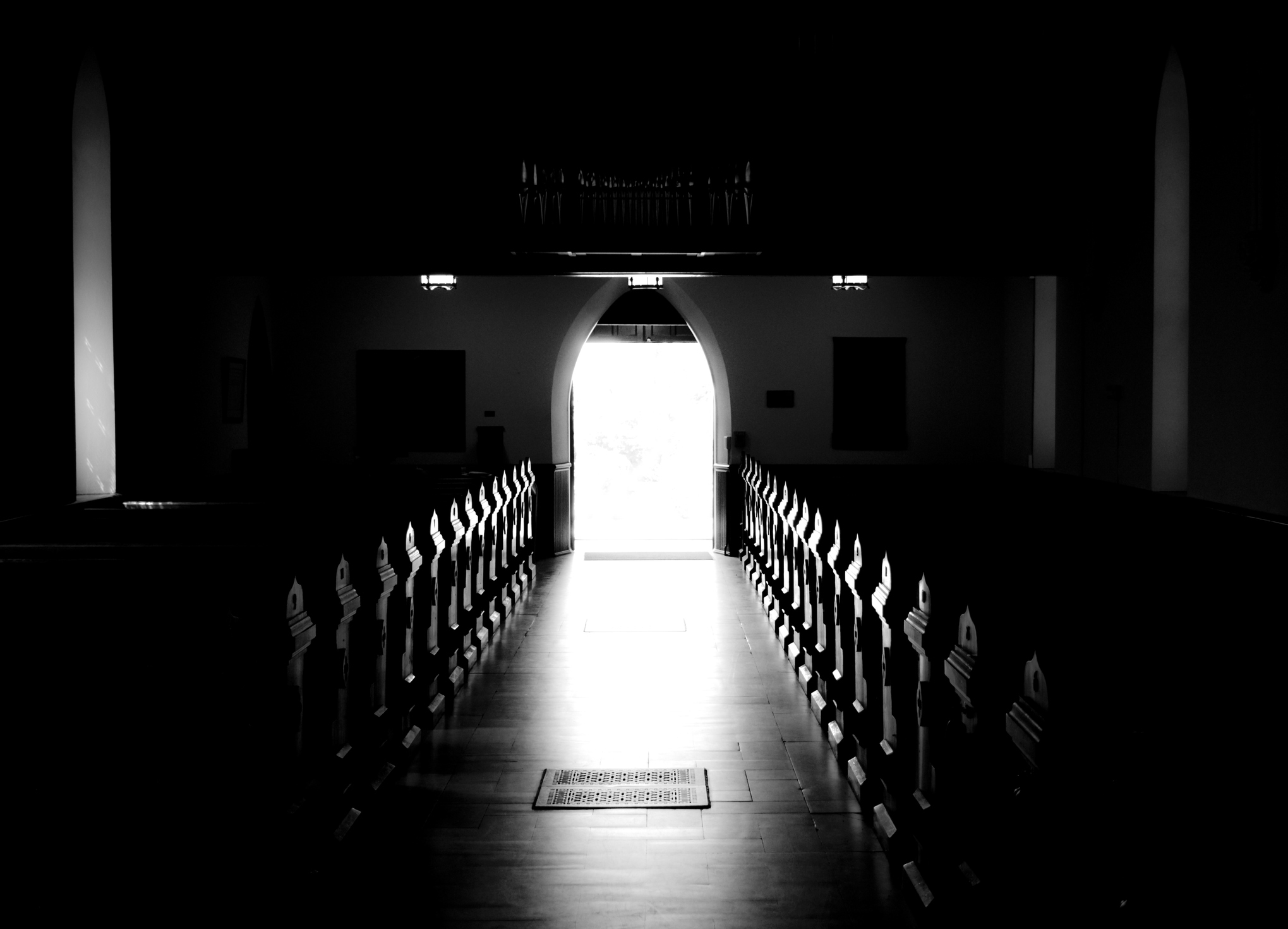Hamptons Soul: Reflections on the Congregation Beth Israel Hostage Situation

Father Constantine Lazarakis of the Greek Orthodox Congregation, and Jewish Center of the Hamptons Rabbi Josh Franklin speak on the terrible Congregation Beth Israel hostage situation in Colleyville, Texas, and what can be learned or understood from it.
Rabbi Josh Franklin
Whenever I drive by a church on a Sunday morning, my eyes are drawn to the wide open doors inviting in anyone who seeks to worship. For Christians, the church doors swung open symbolizes a community that welcomes in all who are in need of its services. I admit, I’m quite envious of the church’s ability to open their doors to the world. Synagogues and other Jewish institutions are not so fortunate. While we esteem the value of being a warm and welcoming presence, we also have the responsibility to ensure the safety of our communities, and leaving synagogue doors wide open is simply not an option in today’s antisemitic climate.
The Jewish world was reminded of the dangers the outside world pose just a little over a week ago when a rabbi in Colleyville, Texas unlocked the doors of his synagogue to welcome a stranger in for a cup of tea. The stranger turned out to be a deranged gunman who held the rabbi and three worshippers hostage for 11 hours because he believed the Jewish people possessed the power to release a terrorist from prison. “Jews control the world, Jews control the media, Jews control the banks,” he shouted at the hostages. Sadly, this is what happens when our doors are open to the world. Within the last few years, Jewish communities have been held under siege in Pittsburgh, Poway, Muncy, Jersey City and now Colleyville.
When rabbis around the country followed the story, we all thought the same thing: “That could be me!” Every time I see a new face in the pews, part of me wonders whether our synagogue will be the next target of an antisemitic terrorist attack. I wholeheartedly wish I didn’t have to welcome every guest into our community with apprehension, but that’s the reality that rabbis and Jewish communities face. I’m jealous of the wide open doors I see at churches, and I wish that Jewish communities didn’t have to focus so much of our attention on how to lockdown our buildings. I’d rather be spending my time studying scripture than attending a security training class. I pray that the day will come when we can feel safe enough to strip the locks off our entrances and let our doors hang permanently open — but I’m not holding my breath.
Father Constantine Lazarakis
The recent hostage crisis at Congregation Beth Israel in Colleyville, Texas struck us with fear and caused our hearts to sink with disgust. The senseless, antisemitic act of terrorism plunged us into a whirl of emotions as we faced the underbelly of humanity, and our vulnerability to the violence of the senseless. In all of the coverage I read, one snippet stands out most. The Associated Press made mention of one Ruth Salton. The 100-year-old Holocaust survivor insisted, over the objections of her no-doubt well-intended daughter, that she would attend synagogue, just a week after the ordeal.
Antisemitism, like all forms of prejudice and bigotry, is terrorism. It is intended to intimidate, frighten, subdue. It is meant to break the heart of the victim, to dampen the faith of the believer. Religious persecution and racial prejudice dominate the darkest chapters of human history, but in the final analysis, the darkest chapters of human history will not (and must not be allowed to) dominate the story of humanity. Time and time again, God inspired people to meet persecution with courage, with persistence, with faith and with love.
So, just as 100-year-old Ruth Salton will not be intimidated and will insist to offer her prayers — with her people, to her God, in her synagogue — and just as Rabbi Charlie Cytron-Walker refused to be the victim and instead lead the escape from the gunman; so too, all people of good-will must take courage. We must take the courage to stand in solidarity with the oppressed, to stand in defense of the persecuted, to stand with compassion for the downtrodden. We must not allow the threats of madmen and hate-mongers to close our hearts or silence our prayers. Instead, let us follow the example of Ruth Salton. Let us turn our eyes heavenward, as we stand with courage.



